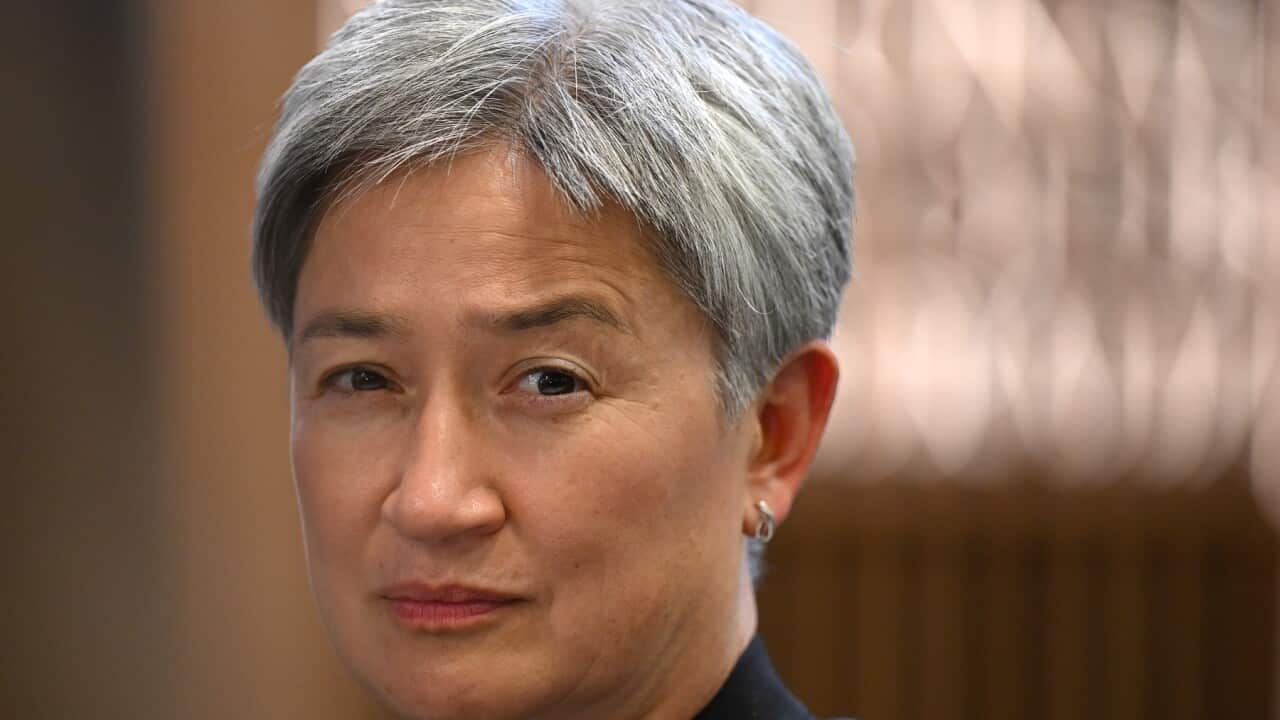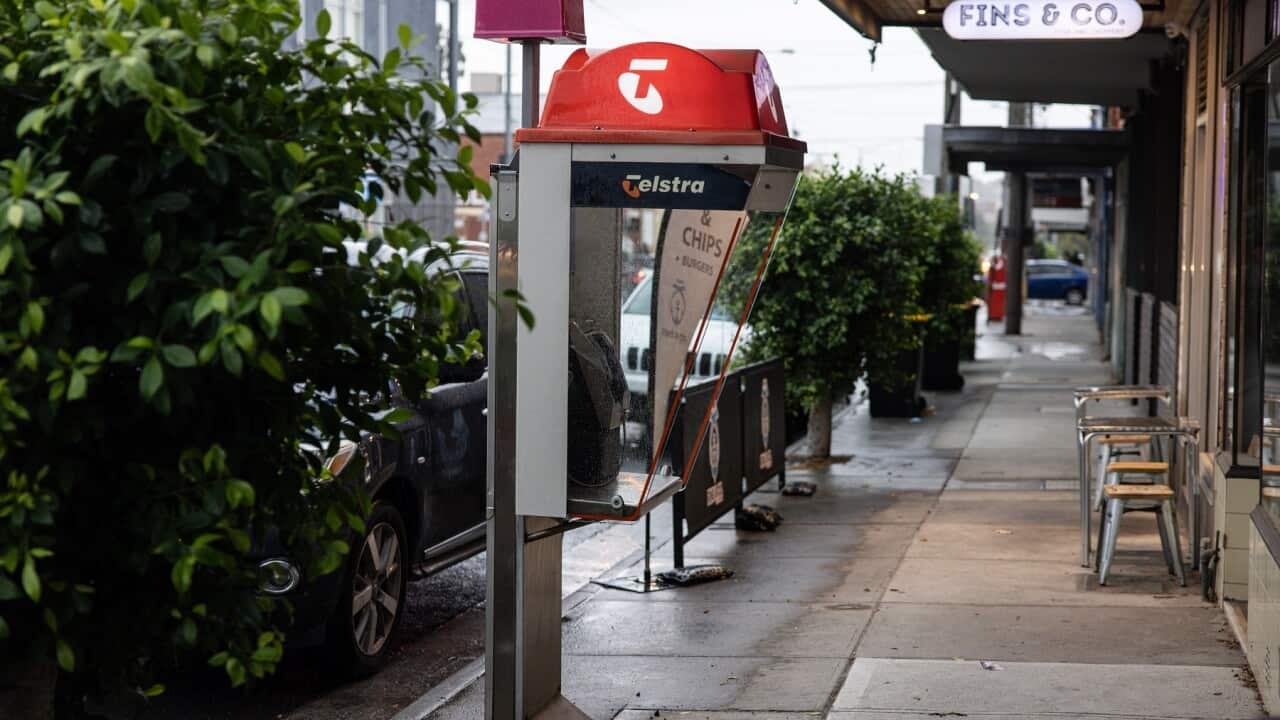TRANSCRIPT
Today, Rebecca Segalla is working out her company's office in Sydney.
But for the rest of the week, she'll be based at home.
Without that option, she says she may have to find other work.
"I would have to reconsider my job. I couldn't commute full time into the office. So if it was mandated and I would have to look for other options."
As a solo parent - her commute takes up tosix hours.
She says making the trip more than once a week would blow out her budget.
"It starts to easily go over $100, $150, quite easily, in the one day. So, if we're starting to come into the office, three or four times a week. That's a lot of extra money that I currently don't have in my budget."
The topic of working from home has become a point of contention, with the coalition vowing to bring public servants back to the office full time, if it won government, before quickly backflipping.
It was a policy proposal federal Opposition Leader Peter Dutton now admits was a mistake.
REPORTER: "Will you be asking for forgiveness from female voters?
DUTTON: "I think I am today. Look, I think we've made a mistake in relation to this policy."
But, some major companies, both here and overseas, are making similar moves to ban or restrict working from home arrangements.
Professional services company P-w-C, told British Parliament it's prepared to respond if staff refuse to return for at least three days a week.
Chief People Officer at professional services giant PwC, Phillippa O'Connor, says disciplinary action would be considered.
"This is as with any other employment policy something that we would look to follow through to disciplinary action if that were required. And I think we feel that that's actually important for the very minority of population that are not in compliance to deliver on that fairness agenda."
But, flexible working arrangements don't seem to be going away, with more than one-third of Australians still regularly working from home.
The Committee for Economic Development of Australia [[CEDA]] says those employees are able to work nearly 20 per cent more hours than those in the office.
It also found flexible working arrangements have increased workplace participation by more than 4 per cent post COVID - especially for primary carers, people with disability, and single parents.
CEDA Economist James Brooks says it broadens job opportunities for people.
"The likelihood that they're in a job at all has actually increased so this is a function of a tight labour market and demand for workers, but its hard to ignore that working from home has given more people opportunities. So they're able to find more jobs which are suited to them."
Advocates for flexible working arrangements also say there are ways to ensure productivity.
Gavin Shipman is the Vice President of Teleperformance Australia.
He says both employers and employees can find solutions to ensure working from home does not impact productivity levels.
"I think it’s important that organisations put the right technologies, solutions and processes in place, to make sure employees feel that they’re actually achieving when they are working from home. And for employees to also self-discipline themselves."
For Ms Segalla, she says working from home has improved her output and believes without it, many Australians will be put out of work.
"My story isn't unique. There are so many working women and working families that desperately require this flexibility. And if we start to mandate more days in the office, we are going backwards as a society."













